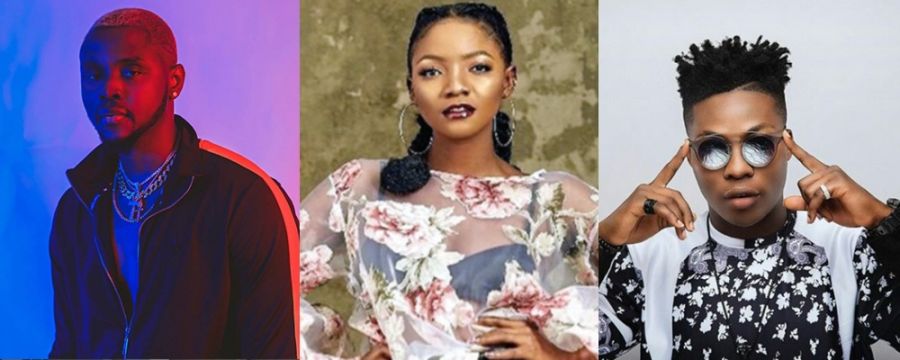 Why are Nigerian artists leaving their labels? I remember writing about how Nigerian record labels are soon to become redundant. I also remember that a friend presented a strong argument and told me that record labels still have a huge role to play. And with the points he provided, I agreed. Yet Nigerian artists are leaving their labels quicker than a conductor calls passengers at bus parks.
Why are Nigerian artists leaving their labels? I remember writing about how Nigerian record labels are soon to become redundant. I also remember that a friend presented a strong argument and told me that record labels still have a huge role to play. And with the points he provided, I agreed. Yet Nigerian artists are leaving their labels quicker than a conductor calls passengers at bus parks.
We cannot begin to list the number of artists that have left their label in recent times, even though some of them waited till their contracts expired. From the likes of Kizz Daniel, Simi, Ycee, Reekado Banks to the likes of Lyta, Picazo, Oladips, artists are quitting their labels to join another one or to push their music independently. We cannot also deny that we have no idea why this is happening. After all, many of us are attuned to the fact that these artists have unfavorable contracts signed with their labels. And every passing day feels like they’re stuck in quicksand.

Do I blame any artist for leaving his or her record label (abruptly)? Of course not. As humans, it’s quite normal and expected to do things that benefit us. The truth is that a lot of artists do not have enough understanding of the contracts they sign. The euphoria they feel that they’ve (finally) been discovered usually blinds them such that they hurriedly sign whatever deal they’re presented with. Down the line, say after two or three years, their eyes begin to open to the reality and it becomes apparent that they’ve made an almost irredeemable mistake.

For the artist, I urge you, especially upcoming acts, to take time to consider the deal that you’re given by a label. As a matter of fact, it’s not even the artist’s place to vet the deal. It’s either the artist manager or a lawyer (if the artist is sensible enough to get one) that should handle that aspect. Contracts can be tricky to understand and it’s paramount to carefully peruse any contract before signing. Yes, it can be exciting that someone finally acknowledges your talent and is willing to invest in your career, but you must also know that they’re not doing you a favor. It’s simply business.In the case where you already signed a shabby deal, it’s better to look for clauses in the contract and look for legal ways to curtail the deal.

As opposed to the usual attitude that artists put up when they find out that the deal they signed favors the label more; being problematic and taking other deals without the label’s knowledge. Doing that mostly puts the artist in a messy situation such that the label triumphs and paints the artist as the ungrateful person. It is something we’ve seen many a time.
In the article I wrote about the impending redundancy of record labels, I mentioned how record labels can effect a big change by giving artists good record deals. We are now in an age where artists might not necessarily need to rely on the structure of a record label to *blow*. So isn’t it much better if labels begin to offer deals that are not exploitative and allows the artist to reap as much from his or her labor as the label has always done? It’s not too much to ask of labels and I strongly believe that the industry will notice a change should this be done.
Contrary to the notion I’ve always held, record labels are still very much needed. As long as the record deals are flexible and the artist is seeing the benefit from the deal, I don’t see why artists shouldn’t sign to labels. We are all hoping for a more appropriate structure in the Nigerian music industry and a good way to start is for record labels to be more considerate and lenient when handing out deals to artists.
By Haywenzo

















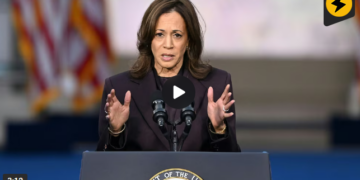








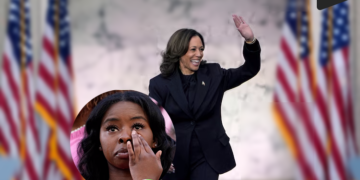
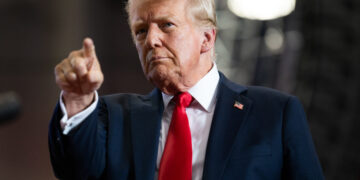
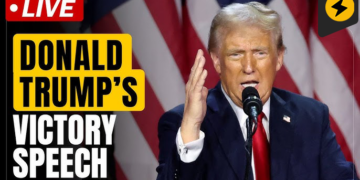

























Discussion about this post